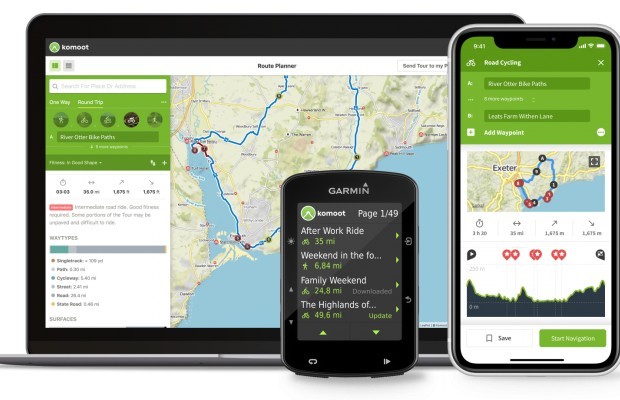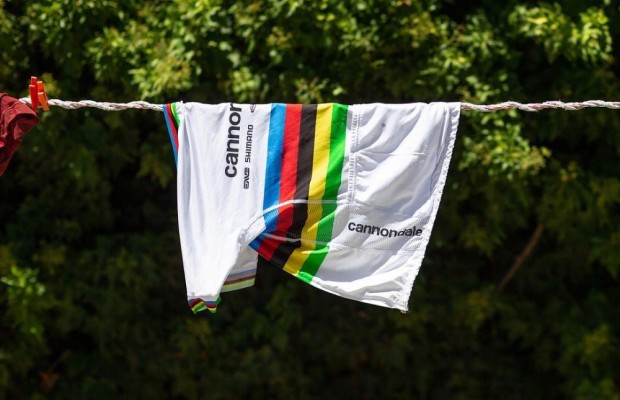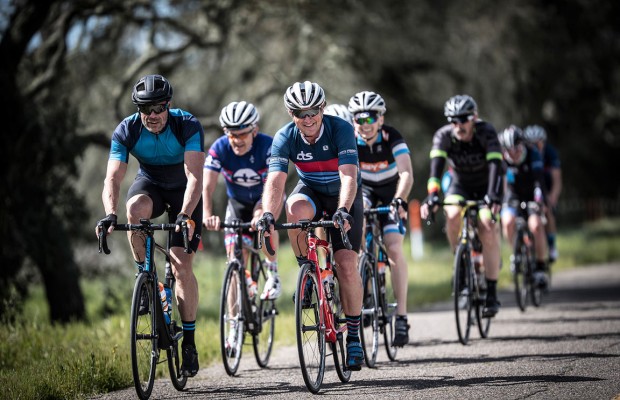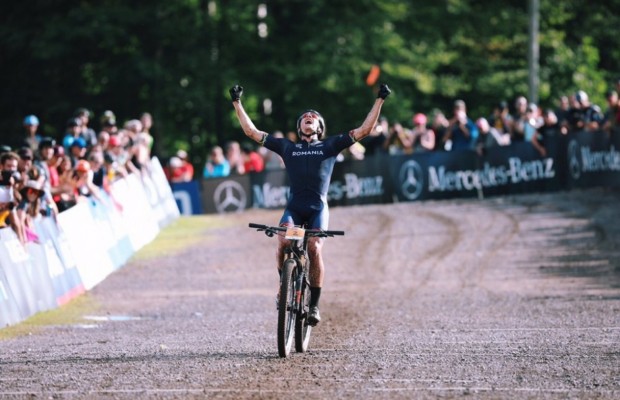What other sports do professional cyclists practice during the preseason?
The "stop-and-go" between seasons that used to be the fashion a few decades ago is a thing of the past. Nowadays, professionals have to stay active between one season and the next to avoid having to start training from scratch in order to be in shape from the first race. Choosing alternative sports, which are complementary to cycling, helps not only to reach the start of the cycling preparation in optimal conditions but also to exercise muscles and areas of the body that remain in the background throughout the year.

The alternative sports of professional cyclists
Long gone are the days when, once the competition season was over, cyclists abandoned themselves for about a month, dedicating themselves only to rest and indulge in the treats they could not enjoy during the rest of the year. It was another cycling in which the campaigns began for many in a quiet way, facing the first races as a mere preparation for their real goals.
Today, all that has changed and the demands are such that the professional has to be in top form from the end of January to mid-October, although it is true that certain periods of rest are introduced in the middle of the campaign, but in the end it is a total demand during 10 months of the year.

November finally brings the desired break for most of them, a short break because at the beginning of December the teams start again with the first winter training camps and, for those who compete in the first races of the year, the demands will already be great. Besides, in an increasingly multidisciplinary sport, there are not few who link the road or mountain bike campaign with cyclo-cross or track.
RECOMENDADO

The best apps for cycling and mountain biking

Black Friday Garmin 2025: the ultimate guide to choosing your GPS at the best price

How to wash your cycling clothes? 10 keys to make them always look new

Cycling can help you fight the effects of the time switch

Easy to apply tips for riding faster

The real importance of signing up for a race
With this demand, the so-called pre-season takes on even more importance by forcing cyclists to stay active in the moments when cycling is on the background. Several options are chosen, always trying to find sports in which it is not easy to get injured and that are as compatible as possible with cycling.
Hiking
One of the traditional pre-season activities has been hiking in the mountains, a sport that allows the cyclist to make a low-intensity effort, for a long time and with little impact on their joints and minimal risk of injury.

It is not so popular today because of the time it requires, at a time when the athlete seeks precisely to disconnect a little and reduce the volume of training and because its contribution only affects the maintenance of the aerobic system, a quality well developed in cyclists.
Gym and complementary exercises
Strength training has become an essential part of cyclists' preparation, a part of training that nowadays is even maintained throughout the whole season. Not only to strengthen the legs, which is always interesting, but also in terms of postural control in order to avoid injuries due to the demanding position on the bike used by professionals.

For this reason, beyond the typical weight training sessions in the gym, other complementary exercises such as Pilates are now commonplace, with the aim of focusing on flexibility and strengthening all the stabilizing muscles: lumbar, hip muscles, abdominals, etc. In addition, upper body work is no longer neglected in order to achieve a minimum tone that keeps the body balanced and which, for classics specialized in races on cobblestones, becomes a plus with which to achieve greater performance on these uneven surfaces.
Cross-country and mountain skiing
Another of the traditional options when winter arrived was to practice cross-country skiing, a demanding aerobic sport with no impact. Nowadays it has fallen into disuse as many cyclists opt for ski mountaineering, which adds to the demands of cross-country skiing that component of adventure and contact with nature of hiking.

An activity that has become a favorite for many of the cyclists who currently reside in Andorra, such as Movistar Team riders Carlos Verona and Ivan Carcía Cortina, who find in this sport a perfect alternative not only for the preseason but also for those days when the weather is not suitable for cycling.
Although it is a controlled activity, it is not risk-free because, just as you have to climb up a mountain, you have to descend. This can be attested to by Caja Rural-Seguros RGA rider Edu Prades, who in 2021 suffered a fractured femur that caused him to miss the entire start of that season.
Running
Historically, running has been the sport hated by cycling teams. A sport that has been accused of being incompatible with cycling on the grounds that it worked other muscle groups and damaged the cyclists' joints and was a source of injury.

It is true that running is a more aggressive sport due to the impact against the ground generated by each stride, something to which the cyclist's physique is not accustomed. However, the advances in cushioning and stability of the existing shoes on the market and the light weight of most professional cyclists mean that the risk of injury is minimal. The triathlon has been refuting this false belief about the supposed muscular incompatibility for years.
Ver esta publicación en Instagram
An activity that is an essential part of the preparation of cyclocross specialists, including Wout Van Aert, who can even be seen on his Strava account, going out for a few kilometers even in the middle of a Tour de France, in an activity that he maintains throughout the season. There are also some great runners like Thomas Pidcock, who last year surprised with a 5km training run at a pace of 2:41/km, a figure only within reach of the best athletes. It later turned out that this spectacular pace was due to a measurement error in his GPS device, but even so, the real pace was spectacular.

Another with a good running record is reigning World Champion Remco Evenepoel whose sporting origins lie in football, where he was capped at youth international level and who, at the age of 16, was able to run a half marathon in a fantastic 1:16:15, which is a tremendous 3:37/km.

Mountain bike, gravel, cyclocross
In addition to the professionals who combine other forms of cycling with a view to competition, many others, who prefer not to stop cycling even in the off-season, take advantage of these dates to take up these sports for purely fun.

These disciplines, which take place off the asphalt, allow the road professional to work on their technique and mastery of the bicycle, acquiring resources and responses to certain situations that can later prove very useful when it comes to reacting to a crash that occurs a few meters ahead or to that curve in the middle of a downhill that you have entered at too much speed.
With the first Gravel World Championship, some riders like Carlos Verona, as Peter Sagan did a few months before with his participation in the Unbound and other road professionals who took part in the race held in Italy have found in gravel a useful diversion for these months, especially in the first weeks after the end of the competitions in which it is a matter of progressively losing the shape of the bike so you still have to maintain a dynamic of going out and pedalling.
Ver esta publicación en Instagram
Others, such as Angel Madrazo, have been seduced by the siren songs of his Burgos-BH team-mate Felipe Orts, Spain's best international representative on the mud and has found a taste for riding on twisty circuits where he has to throw his bike over his shoulder from time to time, although the learning process has cost him a few bumps and bruises.